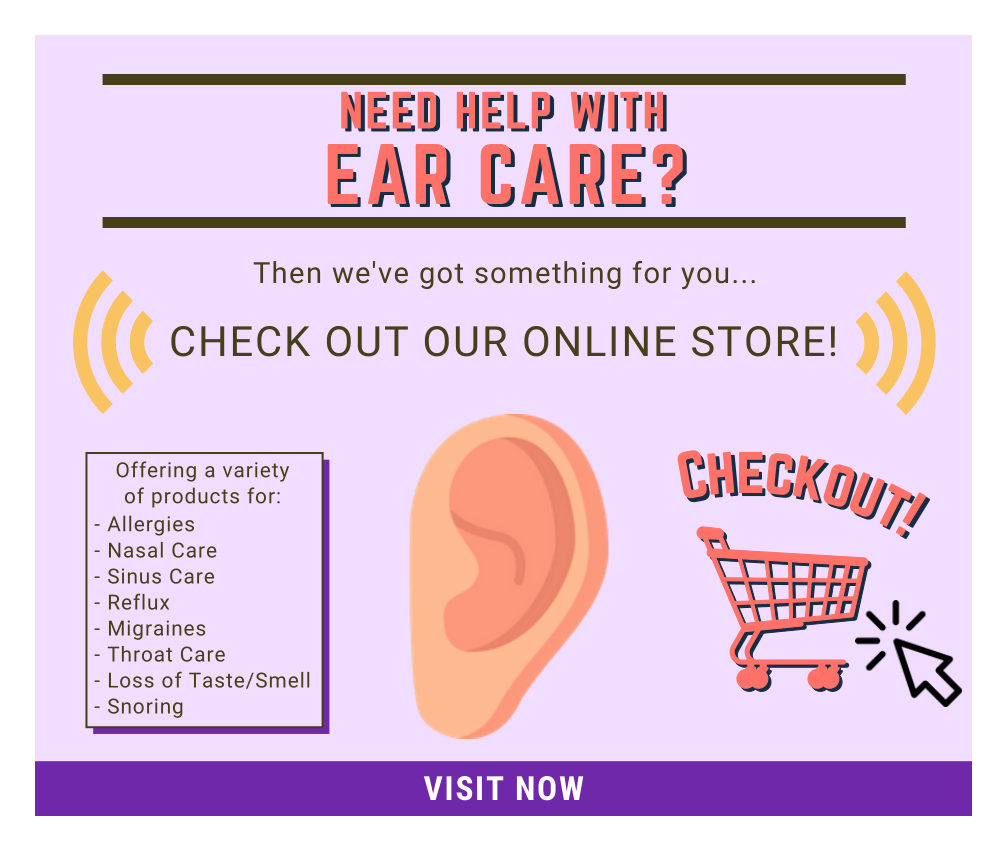 |
| Image from NeuroStar |
On review of the literature, there is cautious optimistic hope that this treatment may actually work, but due to limited study population sizes, more study is needed before an outright recommendation can be given. However, there seems to be little harm in trying it out other than the cost which can be high and range from $6,000 to as much as $10,000+ depending on the clinic and protocol used (not covered by insurance given research status and lack of FDA approval for this purpose). Reported (rare) side effects include seizures, headache, pain, vibration sensation, twitching, etc. There is also one lawsuit that TMS allegedly caused facial paralysis in one patient.
Generally speaking, rTMS treatment of tinnitus entails application of 1-Hz to 10-Hz rTMS daily for several weeks (most protocols employed 1-Hz). The rTMS is applied to the temporoparietal region which overlies the auditory cortex of the brain for about 30 minutes per session.
At this time, psychiatrists are the main physicians who have and employ rTMS (to treat depression).
Perhaps the largest network of rTMS treatment centers in the United States is NeuroStar. They do provide an online physician zip-code locator.
References:
Repetitive Transcranial Magnetic Stimulation Treatment for Chronic Tinnitus. JAMA Otolaryngol Head Neck Surg. Published online July 16, 2015. doi:10.1001/jamaoto.2015.1219
Long-term effects of repetitive transcranial magnetic stimulation in unilateral tinnitus. Laryngoscope. 2014 Sep;124(9):2155-60. doi: 10.1002/lary.24722. Epub 2014 Jun 10.
Medium-term results of combined treatment with transcranial magnetic stimulation and antidepressant drug for chronic tinnitus. Eur Arch Otorhinolaryngol. 2015 Feb;272(2):337-43. doi: 10.1007/s00405-013-2851-z. Epub 2013 Dec 14.
Efficacy of different protocols of transcranial magnetic stimulation for the treatment of tinnitus: Pooled analysis of two randomized controlled studies. World J Biol Psychiatry. 2014 May;15(4):276-85. doi: 10.3109/15622975.2012.708438. Epub 2012 Aug 22.
Combined rTMS to the auditory cortex and prefrontal cortex for tinnitus control in patients with depression: a pilot study. Acta Otolaryngol. 2013 Jun;133(6):600-6. doi: 10.3109/00016489.2012.763181. Epub 2013 Feb 28.
Low-frequency repetitive transcranial magnetic stimulation to the temporoparietal junction for tinnitus: four-week stimulation trial. JAMA Otolaryngol Head Neck Surg. 2013 Apr;139(4):388-95. doi: 10.1001/jamaoto.2013.233.
Therapeutic impact of repetitive transcranial magnetic stimulation (rTMS) on tinnitus: a systematic review and meta-analysis. Eur Arch Otorhinolaryngol. 2015 May 13. [Epub ahead of print]
Repetitive transcranial magnetic stimulation as a treatment for chronic tinnitus: a critical review. Otol Neurotol. 2013 Feb;34(2):199-208.
Differences between a single session and repeated sessions of 1 Hz TMS by double-cone coil prefrontal stimulation for the improvement of tinnitus. Brain Stimul. 2013 Mar;6(2):155-9. doi: 10.1016/j.brs.2012.03.019. Epub 2012 May 14.
Effectiveness of transcranial magnetic stimulation application in treatment of tinnitus. J Craniofac Surg. 2014 Jul;25(4):1315-8. doi: 10.1097/SCS.0000000000000782.



No comments:
CLICK to Post a Comment